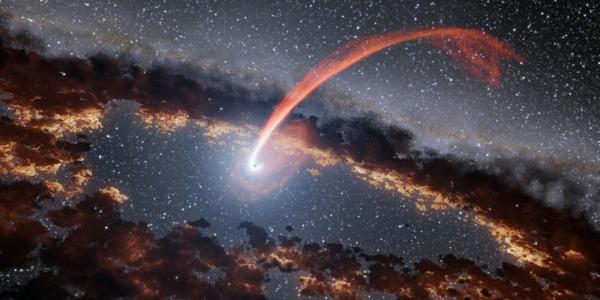Space Sciences/Astrophysics Seminar with Shuo Zhang on A Multi-messenger Hunt for Galactic PeVatrons
Cosmic rays with energies up to a few PeV are believed to originate from our own galaxy. However, the origin of Galactic cosmic-rays has remained a mystery for over a century since their discovery. Recent discoveries in neutrino and gamma-ray astronomy have provided strong evidence for the existence of PeV particle accelerators, or PeVatrons, within the Milky Way galaxy. Among them, the H.E.S.S. observatory discovered a PeVatron within10 parsecs of the center of our galaxy, suggesting that the supermassive black hole Sgr A* may be responsible. Despite being one of the least active supermassive black holes, Sgr A* may have acted as a potential particle accelerator during its active stage in the past. In this talk, I will describe our attempts to find observational evidence that Sgr A* used to be a PeVatron, as well as how we can reconstruct Sgr A* activity history in the past few million years. I will also introduce our ongoing multi-messenger efforts to identify other Galactic PeVatron candidates discovered by the LHAASO observatory and to test whether they bear the nature of supernova remnants, pulsar wind nebula, young stellar clusters or black hole systems.
Sponsored by the McDonnell Center for the Space Sciences.

